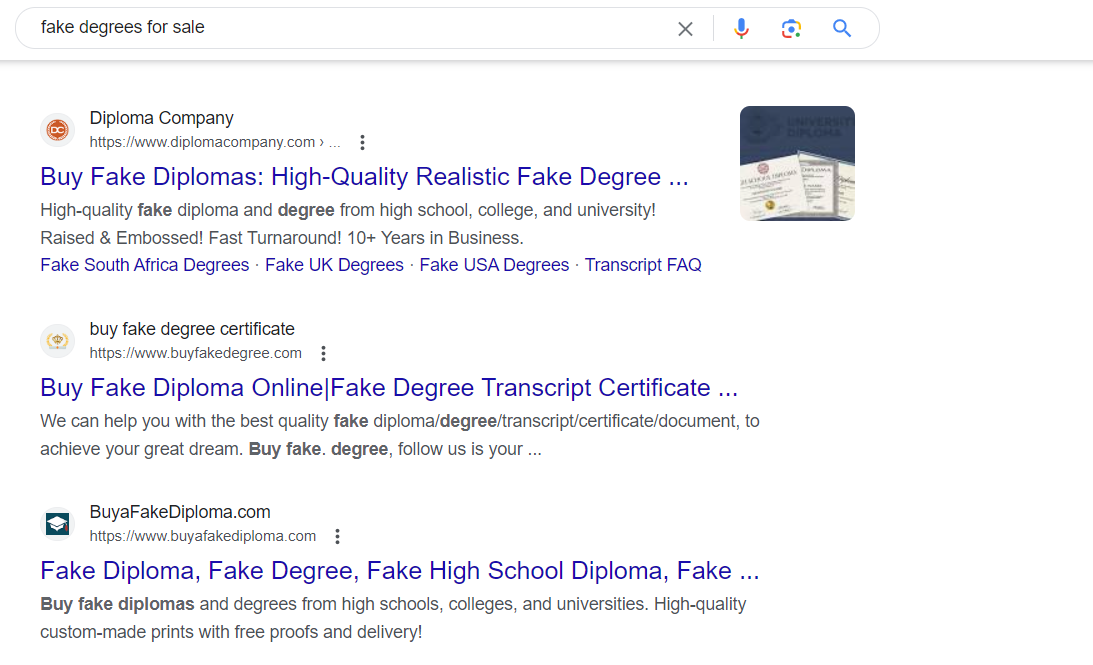One of the pressing issues in education is fake credentials. On May 18, the Washington Post reported that there are about 2,800 people who purchased their credentials without attending the proper classes. They were able to pass the National Council Licensure Examination in the United States. Authorities are now trying to find these people.
The rise of fake credentials and teachers being undervalued and underpaid are some of the recurring problems that the education sector continues to face. Cointelegraph went on a mission to see if nonfungible tokens (NFT) can provide a solution to these headaches found in the education sector.
About 2,800 people who bought credentials without attending classes from three unaccredited schools passed the National Council Licensure Examination and presumably have used that shortcut to find work or better jobs in the health-care industry. https://t.co/FYz4craHaW
— The Washington Post (@washingtonpost) May 18, 2023
This is not a one-off problem. In the United States, some estimate that around 100,000 fake degrees are purchased from illegitimate institutions or “diploma mills” every year. Some of these degrees can be bought for $1,000 without any of the work required for such academic achievements.
NFTs are a “solid solution” to degree forgery
In 2021, Beau Brannan, a professor at Pepperdine University, argued the case for NFTs use in education. Back then, Brannan wrote that taking individual classes and putting them on an unalterable public ledger, with uniquely designed images, could make education more valued.
“Institutional education would arguably improve because the individual classes would matter more as opposed to being bundled into a degree and hidden.”
Fast forward a few years, Brannan still holds the same beliefs about NFTs. The professor told Cointelegraph that NFTs offer a “solid solution” to a massive international problem which is degree forgery.
According to Brannan, there’s no way to verify degrees from a school. “I have no idea what is in it. I am just trusting the institution, brand and accreditation process,” he said. The professor believes that verification for individual courses would give more insight into college degrees. He explained:
“If individual courses become part of the student ledger, it creates another level of accountability for the school and teacher.”
The professor also explained that…
Click Here to Read the Full Original Article at Cointelegraph.com News…
























